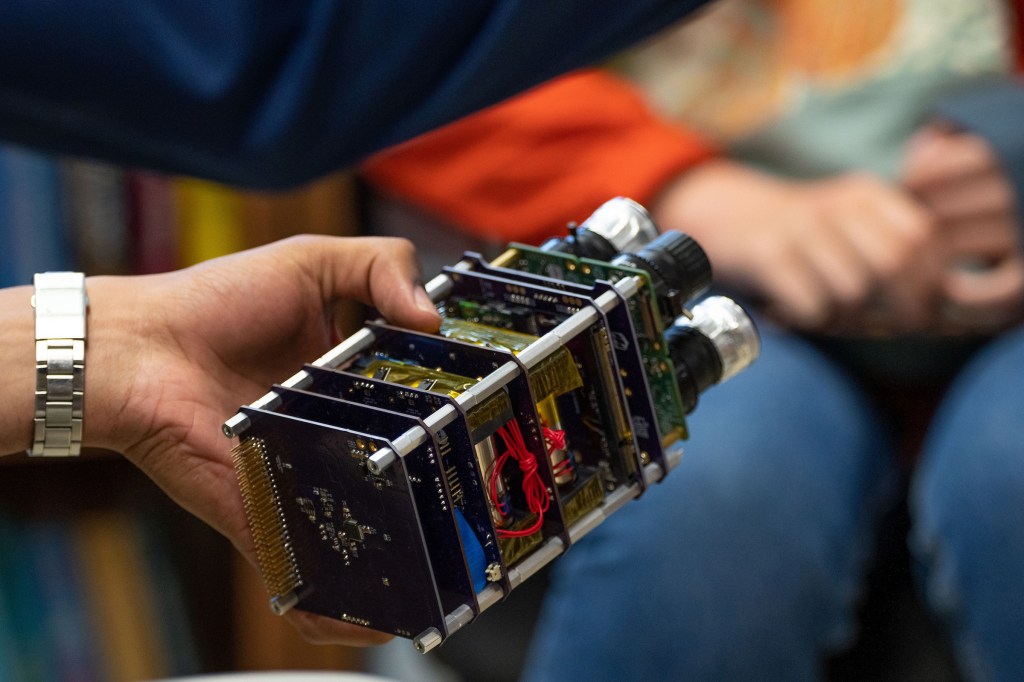 Read more: Visit website
Read more: Visit websiteHeadlines:
The Portland Press Herald - Maine Sunday TelegramMaine's first research satellite will be launched into space aboard a private rocket just after midnight Tuesday.
Wyc Grousbeck, whose family leads the ownership group, said it intends to sell the majority interest of the team this year or early next year.
Barring weather or technical hiccups, Maine's first research satellite will be launched into space aboard a private rocket early Tuesday to collect climate data for Maine students studying urban heat islands, phytoplankton and harmful algal blooms.
MESAT-1 is one of eight nano-satellites hitching a space-bound ride aboard Firefly Aerospace's Alpha rocket, which is slated to lift off from Vandenberg Space Force Base in California at 12:05 a.m. Tuesday, barring any weather or technical problems.
"The excitement is part of the experience," said Ali Abedi , a vice president for research at the University of Maine who leads the UMaine Space Initiative and oversaw the project. "The launch is exciting. Getting access to space data is exciting. It's the beginning of a new era in Maine."
Firefly Aerospace will livestream the launch, with programming starting at about 11:30 p.m. Monday.
The MESAT-1 satellite when it was under development and being shown to a visiting group of high school students who were involved in the design of the satellite. Photo courtesy of the University of Maine
Of course, the rocket has to make it into space – all the way – before the satellite can go to work. Because of a software glitch, the last Firefly Alpha rocket failed to deliver its payload satellite into the proper orbit. It was parked so low in orbit that it was claimed by orbital drag. Advertisement
The MESAT-1's Firefly rocket was supposed to head skyward in 2022. After several delays, with Firefly now certain the glitches are fixed, the MESAT-1 was rescheduled for the end of June, but windy weather has pushed the launch back again. Abedi is hopeful that Tuesday will be a go.
Once deployed, MESAT-1 will circle the Earth in a 350-mile-high polar orbit at a speed of about 17,000 mph for up to two years. The stacked cubes are covered by antennae wires and a solar panel on one side, and feature four multispectral cameras that measure different wavelengths of light.
No comments:
Post a Comment